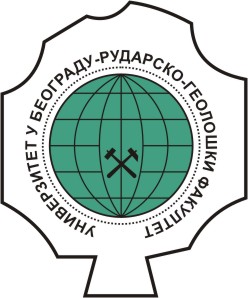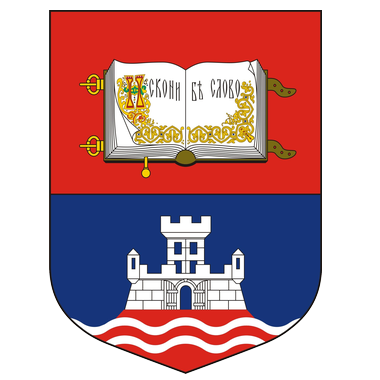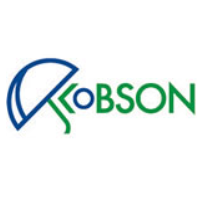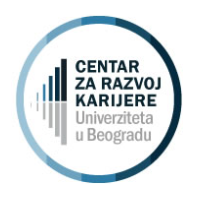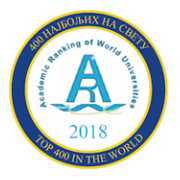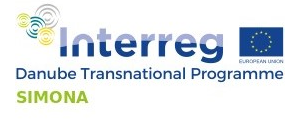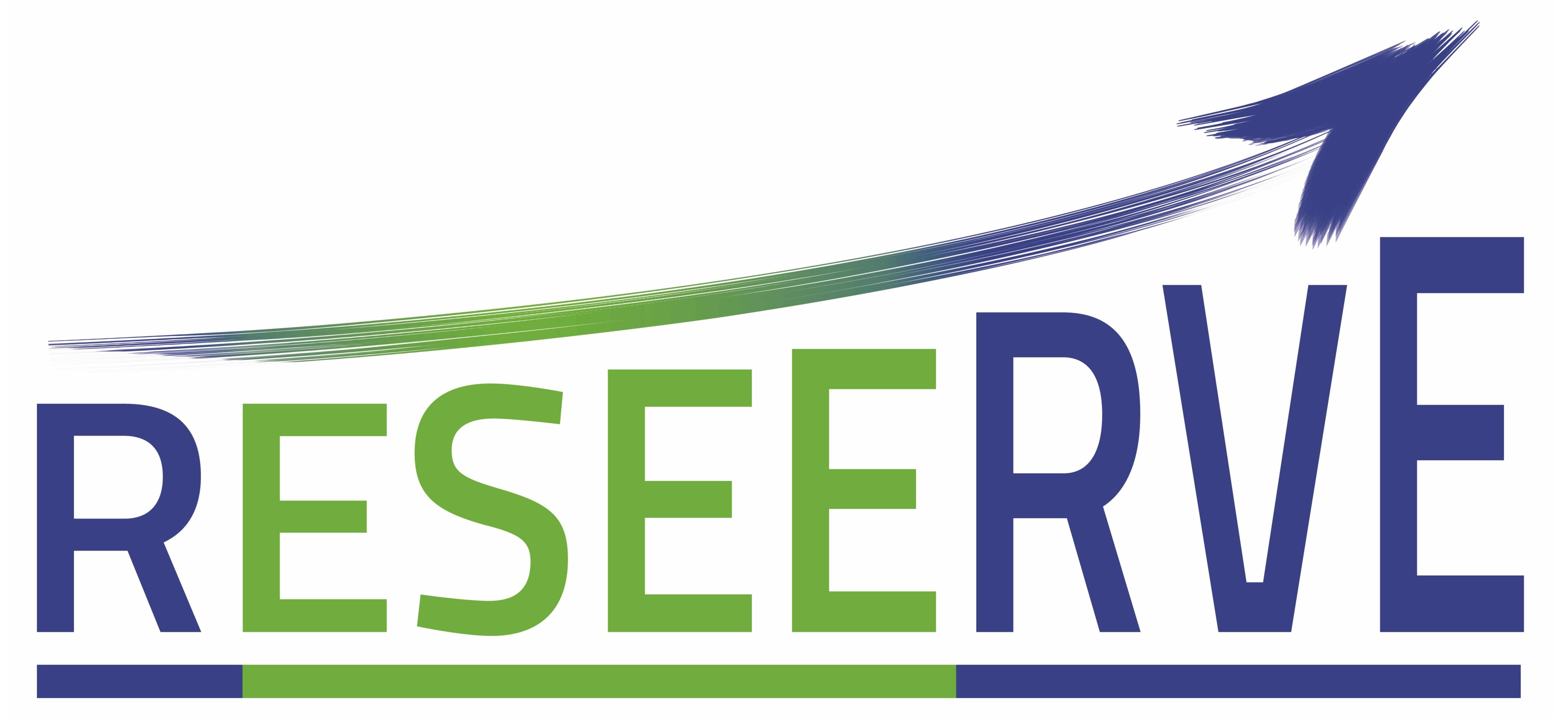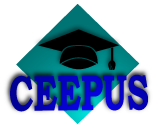Study program:
Mine Mechanization (VII semester -BsC) |
|
Name of subject: Machining Technology |
Instructors:
Prof. Dejan Ivezić, Prof. Filip Miletić |
|
Status: Compulsory |
|
ECTS: 5 |
|
Prerequisites: - |
Course Objectives:
Students are introduced to the basic principles of production technologies used in metal processing. The accent is on cutting process and process by plastic deformation. Through the development of individual numerical and graphic calculations, the students acquire theoretical knowledge applied to the design of concrete technological processes (processing by cutting, plastic deformation). |
Learning Outcomes:
Examining the processing system, which represents the central carrier of the technology in the field of metalworking, the elements of this system and the basic division of processing methods. Understanding the technical characteristics and indicators of the quality of the processing systems, through functional and disorder systems. Adoption of cutting systems (basis of cutting theory, machines, tools, accessories, calculation of regime process) and deformation theory with basic methods of processing and review of machines and tools for processing by plastic deformation. |
Content:
Theory teaching
Introduction to processing systems. The basic concept of the system. Systems and processes in production mechanical engineering. Technical characteristics of the processing systems. Working space of the machine. Tool geometry. Methods for forming surfaces in cutting processing. Basic tool materials. Control of processing systems. Quality indicators of processing systems. Geometric and kinematic accuracy. Thermal phenomena. Static deformations. Static rigidity of the processing system. Dynamic behavior of processing systems. Metalworking by cutting. Basics of cutting theory. Basic cutting principle. Basic elements of the cutting process. Creation and types of shavings (chip), factor of compression of shavings. The main processing factors (scraping, rendering, drilling, milling, grinding). Machine tools. Cutting tools. Accessories. Processing quality. processing regimes. Metalworking plastic deformation. Basic definitions. Punching. Extrusion. Extraction. Flexion. Plastic deformation with separation. Machine tools and tools for plastic deformation processing. Unconventional processing methods. Practical teaching
Get introduced with different data related to cutting processing technology. Material system. Quality and precision processing system. Basic typical procedures. System Tools. Machine tool system. System of standard auxiliary tools. Selection of cutting technology elements. Choosing the basic materials/objects preparation. Tool selection. Selection of machine tools. Selection of regime process. Selection of elements of plastic deformation technology. Choosing complete preparation. Calculation of the processing regime. Laboratory - industrial exercises. Visit of the production facilities of the metal-processing industry. |
Suggested Reading List:
- M. Kalajdžić, Tehnologija mašinogradnje, Mašinski fakultet, 2004.
- M. Kalajdžić sa saradnicima, Tehnologija obrade rezanjem : Priručnik, Mašinski fakultet, 2004.
- D. Nikolić, J.Stanić, V. Gajović, Mašinska obrada III – priručnik, Mašinski fakultet, 1989.
|
Conduct of the Course:
Content of theoretical teaching is expose by the method "ex cathedra" with the support of computer presentations, the second part of the lecture is done by the "case study" method, that is, the analysis of characteristic cases and examples that illustrate theoretical content. Seminar work is obligatory for all students, as well as independent numerical and graphic paperwork which includes the prescription of the technological process on lathe and forging process. A visit to the production facilities of the metal-working industry. |
Fund hours:
| Lectures |
Exercises |
Other forms of teaching |
Study research |
| 2 |
2 |
0 |
0 |
|
Assessment:
| Final Exam |
ECTS |
| Oral Exam | 30 | | Written exam | 20 |
| Classwork Assessment |
ECTS |
| Written tests | 30 | | Seminars | 20 |
|
|
Additional Assessment Criteria: - |
|
|
